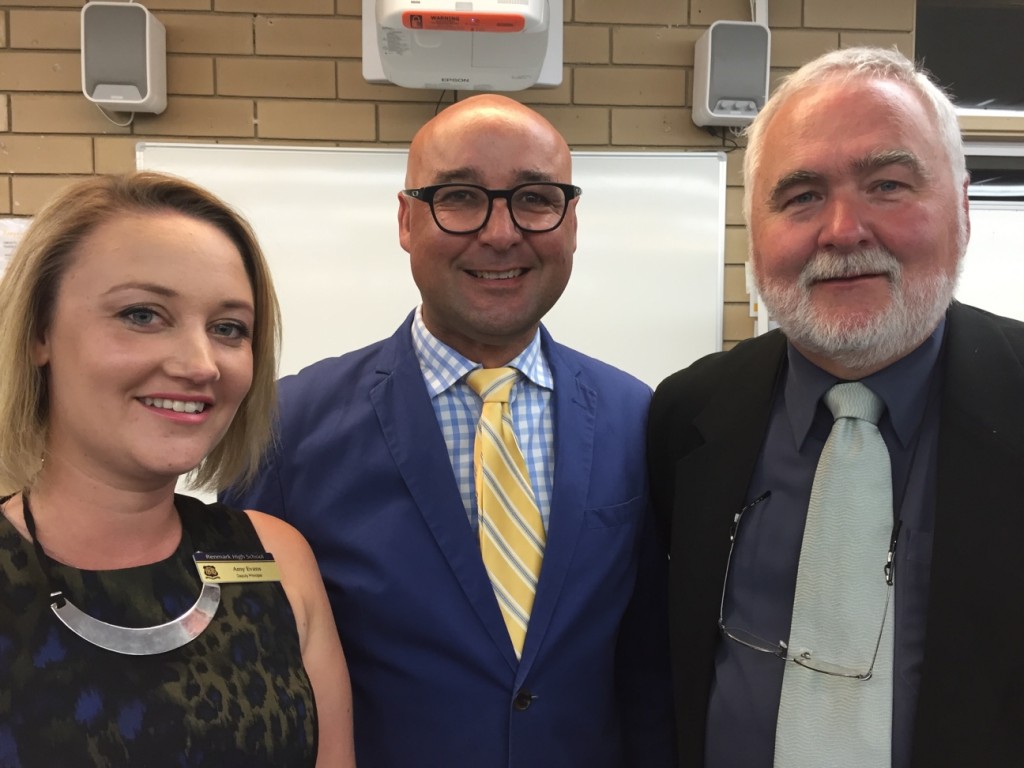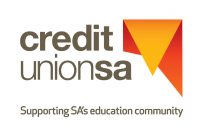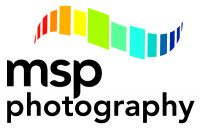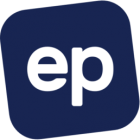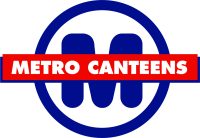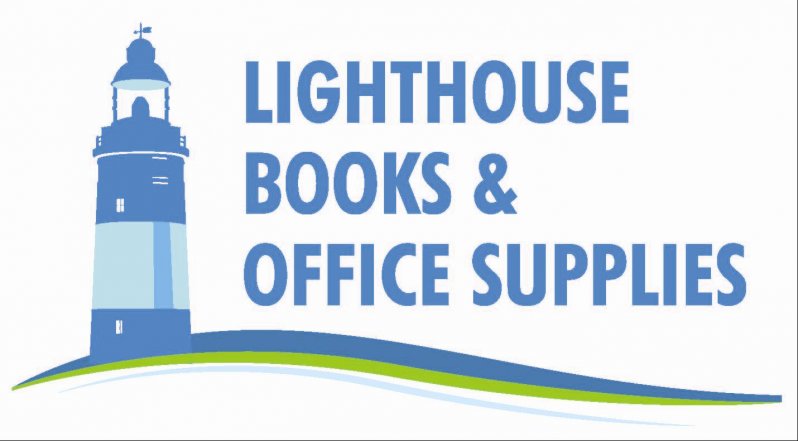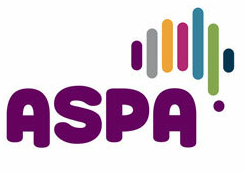
Deprivatising teaching: the experience of Renmark

Renmark High School
8th December 2015
One of the best received workshops at the recent SASPA conference was that presented by Renmark HS on Deprivatising practice through focused observations.
The term ‘deprivatising’ in the context of teaching represents the intention to break down the notion that teaching is a private business carried out by the individual teacher in a closed classroom. Such ‘hidden’ practice is to give way to more open, peer-referenced, accountable and therefore higher quality teaching.
This post is based on the workshop and also an extended interview with Orio Denti, the Principal of Renmark HS. What follows is the story of one school’s success in transforming school culture.
At Renmark, the cultural shift over the past 4 or 5 years has involved 2 major changes. The first has been to raise the profile of the school’s professional learning program The second has been to make the quest for quality teaching the focus of this program. The school’s story can act as a case study for other schools.
The school believes that because of the culture shift, over a relatively short period of time, the staff are now committed to the following core beliefs and expectations of themselves as teachers in the school:
▪ the essential focus of the professional learning program in the school is quality teaching
▪ the quality of teaching has a profound effect on the quality of learning, and shapes the education outcomes of students. The quality of teaching is the critical driver in any classroom.
▪ teaching itself is a very high-order skill or craft and every teacher must have a deep and comprehensive understanding of what quality teaching (that promotes effective learning) involves, and how it is shaped by the curriculum, the group or class of students and the differentiated needs and abilities of individual students within the group or class.
▪ all teachers need to be committed to the practice of continuous improvement, keen to work collaboratively with peers and prepared to rate their personal teaching skills against standards that apply, nationally, across the whole profession.
▪ teachers need access to accessible and supportive teaching improvement tools and also the performance tools that describe standards of quality teaching.
▪ while system-wide teaching standards are very powerful, it is within the context of the individual school that the teacher will immediately reference the quality of their teaching and the example of their peers is therefore a very powerful influence.
▪ the leadership team within the school drives the improvement and accepts responsibility for setting expectations on the quality of teaching and ensuring that priorities, processes, resources are in place to support staff in the promotion of quality teaching.
Achieving the culture change
In terms of the specific experience of Renmark, the Principal displayed a very practical and hands-on approach to the cultural change. It was not so much a mission of proselytising for a new philosophy of pedagogy as it was an exercise in providing leadership and putting in place the essential building blocks that would support and direct the cultural change.
For example, the Principal stressed just how important it was to set up the dedicated time for the new focus on professional learning. Establishing an early closure time (Thursday, 2:35) so that a block of time could be dedicated to professional learning was critical to overall success. It was not an easy exercise in a country high school with shared school buses, but the fact that the community backed the early closure meant that staff appreciated and responded positively to the support given to their professional learning.
Equally, because the staff had a positive belief in TfEL (Teaching for Effective Learning), the intellectual and theoretical background to the new focus on professional learning was already largely in place. TfEL emphasised not only the importance of teaching for effective learning but also gave the tools for focusing on what quality teaching looked like and presented strategies for improving teaching. The ‘givens’ of TfEL meant it was relatively easy to make the first all-important step, which in the case of Renmark was ‘teachers observing teachers’. Related work from the Australian Institute for Teaching and School Leadership (aitsl), with its explicit focus on classroom practice and the presentation of definite teaching standards, also reinforced the reality that change was required and there were resources available to support the change. Essentially, the principal believed that he did not need to justify the change – the change to a focus on quality teaching was evident everywhere – so much as lead it and put in place the strategies and resources to support it.
Maximising the chance of success from the very beginning in any change process is a critical management strategy. The change was presented in terms of ‘professional learning’ or ‘professional development’, and not ‘performance management’ and, consequently, there were high levels of good will and support from teachers. Teacher-negotiated sessions of ‘teachers observing teachers’ with simple expectations and protocols – the teacher choose both their partner(s) and just one TfEL domain – provided the critically important, first steps in the overall process. The Principal noted that these simple, non-threatening, exercises were essential to allay the anxiety levels of some staff. In time, the tentative, initial steps were followed by more demanding and more directed activities. The school now runs a series of highly structured Professional Learning Communities which incorporate the question, review and redesign paradigm.
The Principal also believed that other programs running at the same time in the school – for example, the work of literacy and numeracy coaches – reinforced the focus on quality teaching. Teachers were able to access specialist help and they were encouraged to review their practice. They were, for example, encouraged to look at and teach the unique literacy of their subject. The focus on quality teaching also opened up related possibilities in Integrated Studies and even encouraged the redesign of learning areas. Effective leadership in this context of cultural change obviously involves the promotion and coordination of common and overlapping programs. It also involves interlocking all the various programs within the school’s Improvement Plan. It is a critical area for strategic leadership.
The Principal stressed the importance of recognising and promoting specific examples of teaching excellence in the individual school. Such examples act as a very powerful influence on performance across the whole staff.
Available Materials
The Principal was also keen to emphasise just how much quality material there was in this particular area of professional learning and how important access to such material was for staff. The Principal spoke very positively about the on-line TfEL Compass
The TfEL Compass is an online professional learning tool for teachers to reflect on their teaching and learning practices through self-reflection and feedback from students and trusted colleagues.
It will support teachers’ ongoing professional learning by identifying their strengths and ‘blind spots’ in their professional practice. It will also allow teachers’ to obtain ideas to develop their practice and receive strengths based feedback
The principal also strongly recommended use of the TfEL Teachers Companion. In fact, the school had purchased a copy of this resource ($15 per copy) for each member of staff and time was dedicated to completing the resource in each of the PLC sessions.
The other major set of resources comes from aitsl. Again, the Principal noted that these national resources were also high quality, readily available and generally accessible on-line.
The Future
In terms of the future, the Principal intends to incorporate a keener focus on student voice/feedback as a driver for improved teaching. This will complete the triangulation envisaged in the TfEL Compass.
Overall
The rationale for a focus on quality teaching – why it is so important, what it looks like and how it is achieved – has now been established at every level of education. Equally, the range of quality resources available to teachers is extensive. The experience at Renmark demonstrates how important the strategic leadership of the principal is in shifting the culture of the school so that the pursuit of quality teaching is accepted as the natural focus of the school’s professional learning program. The integrity of this relationship enhances both the professional learning program itself and the quality of teaching in the school.
Finally
Research clearly demonstrates that teacher quality is the greatest in-school determinant of student engagement and achievement. Students taught by the most effective teacher learn in six months what would take a year with an average teacher, regardless of their economic background. The same learning would take two years with the least effective teacher.
TfEL Compass
Leader Guide
Version 1, 16 September 2014, p.2
Contact
Principal: Mr Orio Denti
- Amy Evans, Orio Denti (Principal), David Crouch

